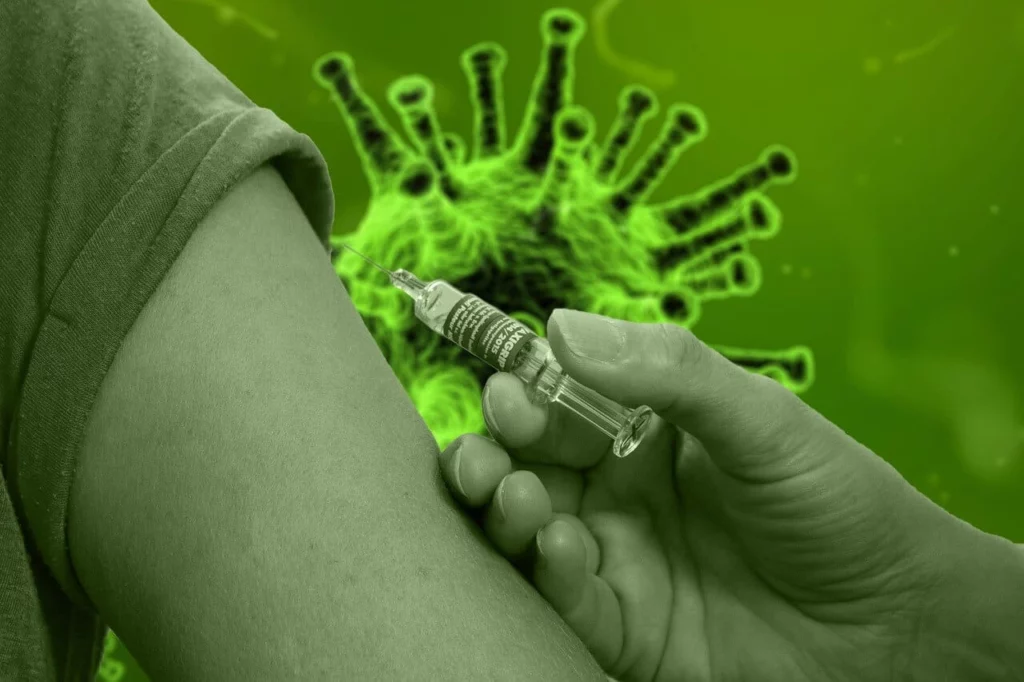Call IMI2-2020-20-02 to accelerate vaccine development
Author
Christa Ivanova, PhD
Status
Keywords
vaccine development
Organ-on-a-chip
human mucosa
replace animal testing
next-generation in vitro models
new vaccines
relevant human models
Your microfluidic SME partner for Horizon Europe
We take care of microfluidic engineering, work on valorization and optimize the proposal with you
The MIC is a French SME specializing in microfluidic instrumentation and flow control. We would be glad to collaborate with you to design new organ-on-chip in vitro models for the development of new vaccines and share our expertise in H2020 project writing and management.
Feel free to contact us to start new projects together!
What we can do, as a SME partner
For the call IMI2-2020-20-02, we can bring our expertise in microfluidic instrumentation and flow management to help you develop an organ-on-chip platform to model human mucosa and test new vaccines.

Specifically, the MIC can:
- Propose an organ-on-chip platform to recreate a human mucosa model and test new vaccines;
- Provide a robust solution for the perfusion of your organ-on-chip device and the injection of complex sequences of media and drugs;
- Help you to develop a tool that will simplify the access of biologists and pharmacists to this complex though promising technology.
What can organ-on-chip do to accelerate vaccine development?
Organ-on-chip is a very promising tool for developing human in vitro models, and the use of this technology is perfectly aligned with IMI2-2020-21-02 expected impacts, especially those related to subtopic 3 (State-of-art innovations in human in vitro mucosa models and assay):
- The likelihood of the next-generation in vitro models and assays being incorporated into vaccine development programs on a wider scale and how their potential versatilities and associated guidelines for use will support this incorporation;
- ⇒ Organ-on-chip is a very promising tool for modeling a human body in vitro; however, it often struggles to reach the market because of its complexity. At the MIC, our focus is to make this technology truly accessible for biologists and pharmacists by providing a user-friendly platform specifically designed for this kind of application.
- In the future, next-generation in vitro models and assays can replace animal testing in research, licensure, and the release of vaccines (with regulatory agency approval).
- ⇒ The cell culture on-chip allows to reproduce very precisely cell microenvironment, in terms of chemicals in contact with the cells, but also regarding the physical parameters (temperature, shear stress imposed on cells, etc…). They are thus much more relevant human models than conventional cell cultures and are excellent candidates to replace animal testing.
The MIC as a lab-on-chip SME partner
Our SME already brought its expertise in droplet microfluidics to several H2020 projects:

Development of a commercially viable system for the automatic generation of high-throughput, well-defined microdroplets

Automated high-throughput production of monodisperse emulsions with microfluidics

Artificial cells with distributed cores to decipher protein function